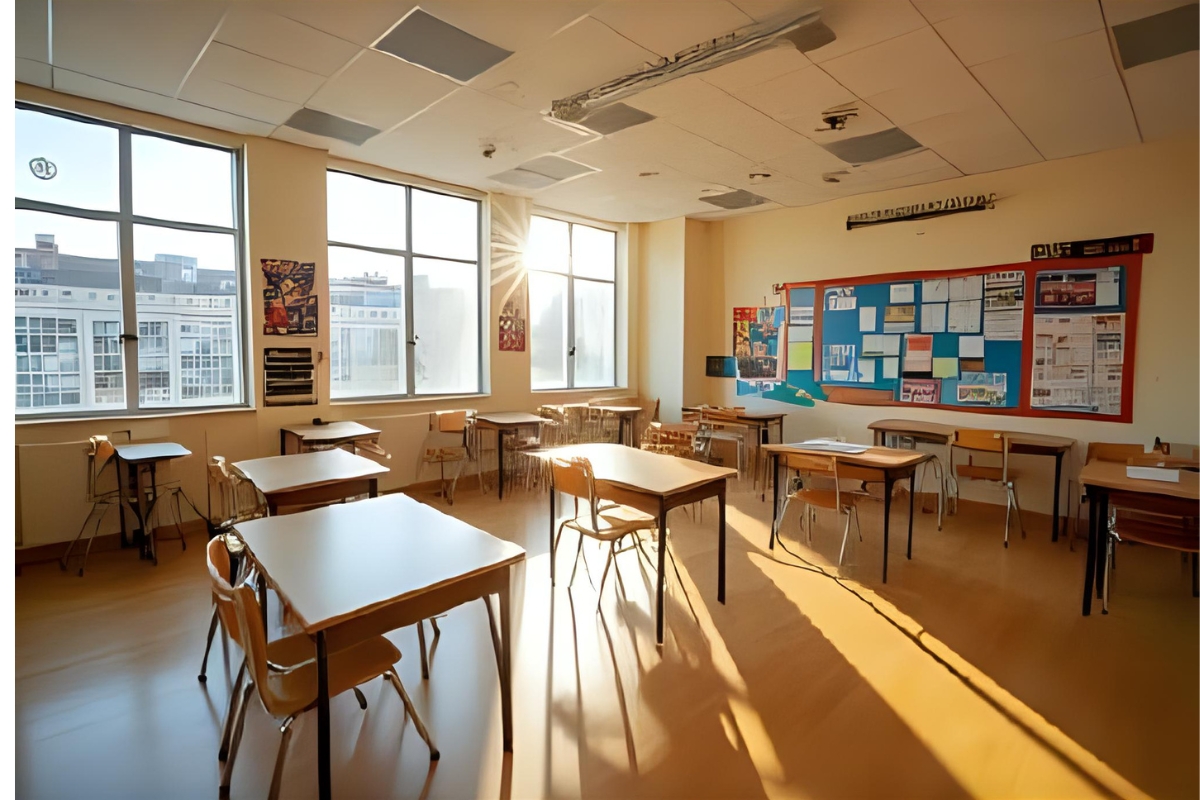Back to school can be both an exciting and intimidating season for both parents and students. As we make this transition, there are a few ways to make sure we take care of our mental health along the way!
Preparing Through Play
Life transitions can be daunting at all stages of our journeys. As parents, you’ll have encountered situations that require drawing on your own internal strengths, and you may have identified some areas your children naturally exceed in (kindness, adventurous, patience, determination, curiosity). These can be important to share with children and help to inspire them to face new situations.
A helpful activity can be creating characters together (superheroes, queens/princesses, rock stars, fairies, etc.) who have to navigate transitions and challenges. Bringing the character to life (drawing, sewing a doll) can be an additional bonding moment and opportunity for discussion. If your child already has a favorite character, identifying some of their strengths and how your child can utilize them during their back-to-school transition can also be a helpful approach. Throughout the school year, if challenges arise, you can revisit this character with your child and identify ways to move forward together with some of their character traits!
Social
Building community for yourselves as parents, and for your children, can make the transition back to school much easier. Joining groups on social media, participating in open houses, and getting involved in after-school activities are some of the ways to increase connectedness.
Building community also helps to reduce stress, as your network of trusted adults and friends can aid in outings with your children. Group self-care activities (shared salon/barbershop visits, time in nature, art classes) can also be a great way to model for your children the importance of balancing school and self-care activities/hobbies.
Physical Activity and Nutrition
Meeting our physical needs is one of the most important building blocks for mental well-being. Finding fun ways to move our bodies, and meals that are exciting to eat, can help to reduce stress and experiences of depression.
This doesn’t mean we have to get up and run 20 miles every morning, but a quick and fun dance workout on YouTube can be an engaging activity for both parents and children! Getting kids involved in the kitchen can be a great opportunity for bonding and creativity, as well as a teaching moment for how all food groups can be fuel.
With proper supervision, younger children can engage in activities such as preparing vegetables, while older children can take a more active role with things like measuring out ingredients. For adults pursuing additional education, and busy adults in general, preparing meals ahead of time (or in bulk and freezing them) can help to reduce decision fatigue and save time throughout the week.
Sleep
Another key link between mental and physical health is getting adequate sleep. Sleep hygiene involves regular practices that can increase the quality of sleep. For parents and children, having a set routine of wind-down activities can increase the chances of waking up feeling refreshed and ready to tackle the day.
This can include practices such as dimming or turning off lights throughout the house together, minimizing or eliminating interactions with technology, having a soothing cup of tea (being mindful of caffeine levels), a relaxing bath/shower engaging the senses (relaxing music and scents), and reading bedtime stories.
Challenging Conversations
With increased social media access and exposure to school safety threats, children may be entering school with heightened experiences of fear or anxiety. It’s important to first check in with yourself as a parent and identify your own stressors as well as how you respond to them before navigating a conversation with your child regarding some of their worries.
Having age-appropriate conversations can signal to your child that they can approach you about scary topics and reduce their experiences of anxiety. Reading materials such as “Lockdown Drill at Superhero School” and “I Am Not Scared… I’m Prepared” can help to facilitate these important conversations.
School is also a place where many children will encounter new types of people for the first time! Children’s curiosity and questions about different appearances or abilities are also important to address. Some helpful material such as “Included – A Book for All Children” and “We All Belong” can aid parents in addressing naturally arising questions.
Final Thoughts
Back to school is one of the many seasons of life where we encounter new challenges. If you are in need of some extra support during this period, we look forward to hearing from you!
Reflection Prompt
- Parents: What do I need (from myself, spouse/partner, family, friends) in order to navigate this transition?
- Children/Teens: What has been my favorite part of school? What has been my least favorite part of school?
If you are ready to start therapy today and get the support to a healthier version of you, click here today!







